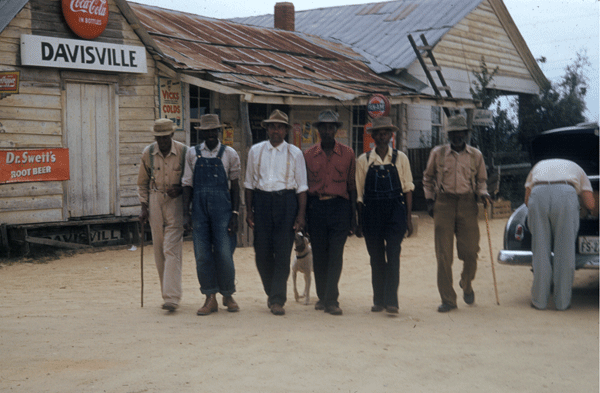Several surveys show that Black Americans are, on average, more hesitant to receive a COVID-19 vaccine compared with white people. And when it comes to Black communities showing less trust in the health care system overall, many journalists, politicians and experts point to one specific historical incident: the Tuskegee Syphilis Experiment.
But many people, including KQED reporter April Dembosky, are worried that Tuskegee has become a scapegoat for the many structural inequities in the health care system today. And it has real implications right now, especially for Black people who are disproportionately dying from COVID-19.
Guest: April Dembosky, KQED health correspondent

